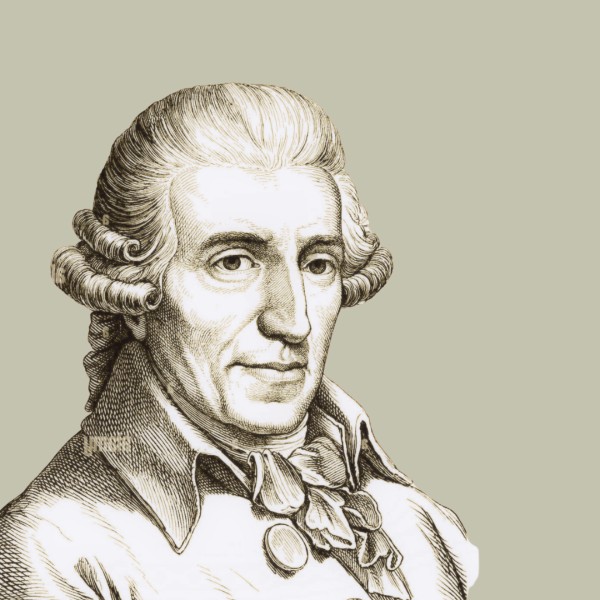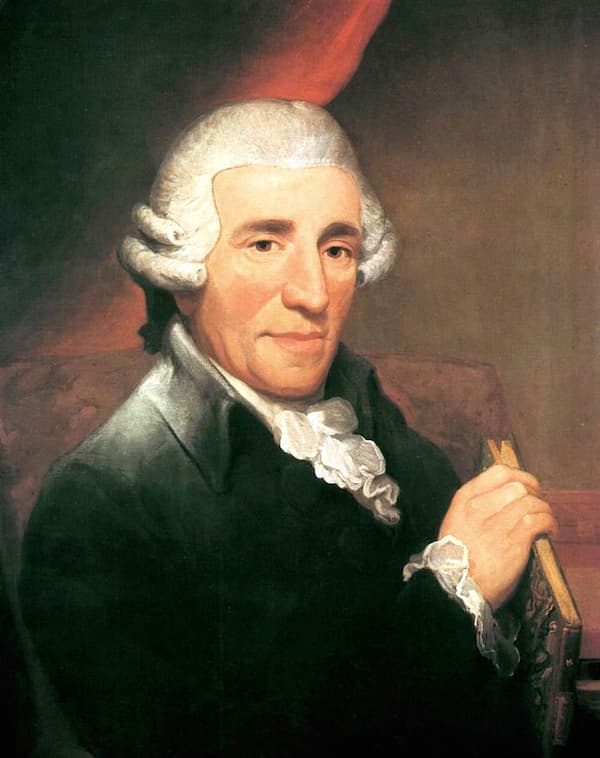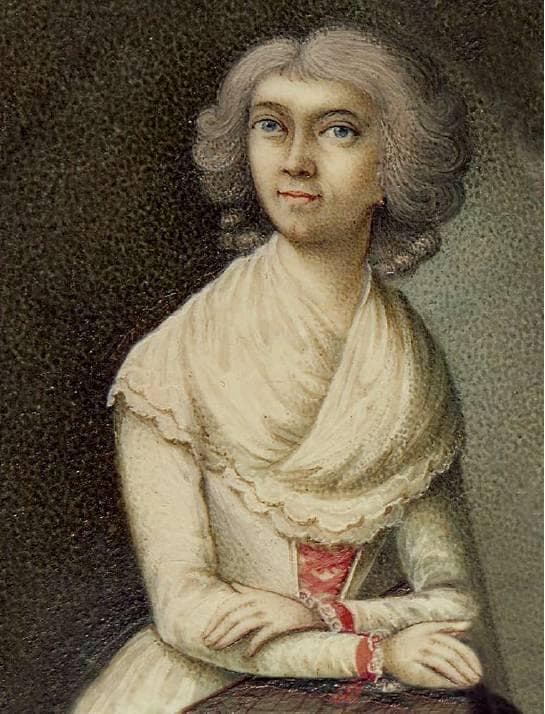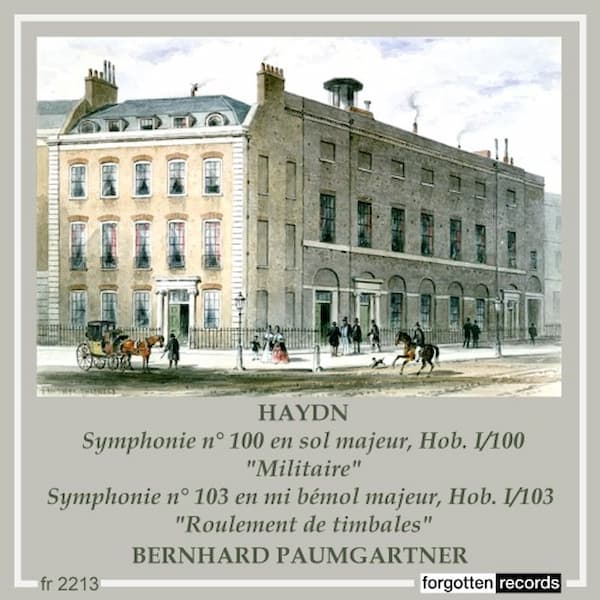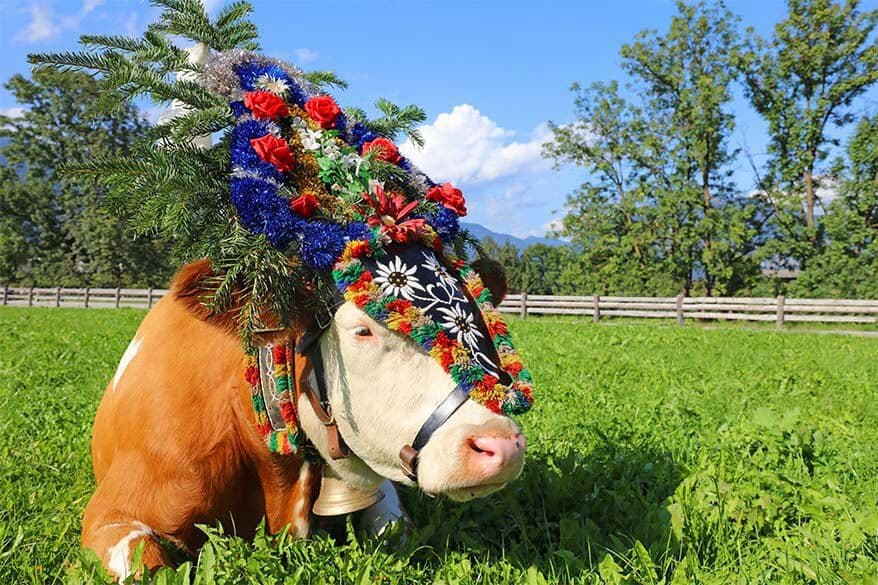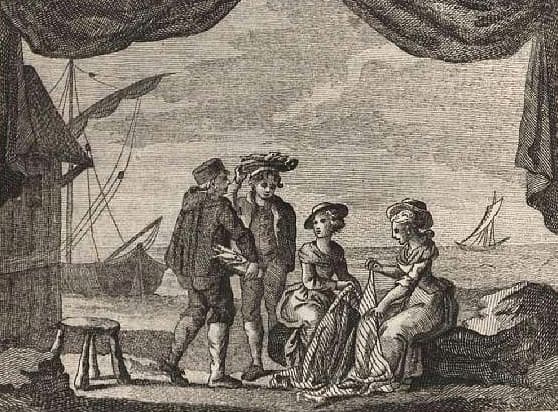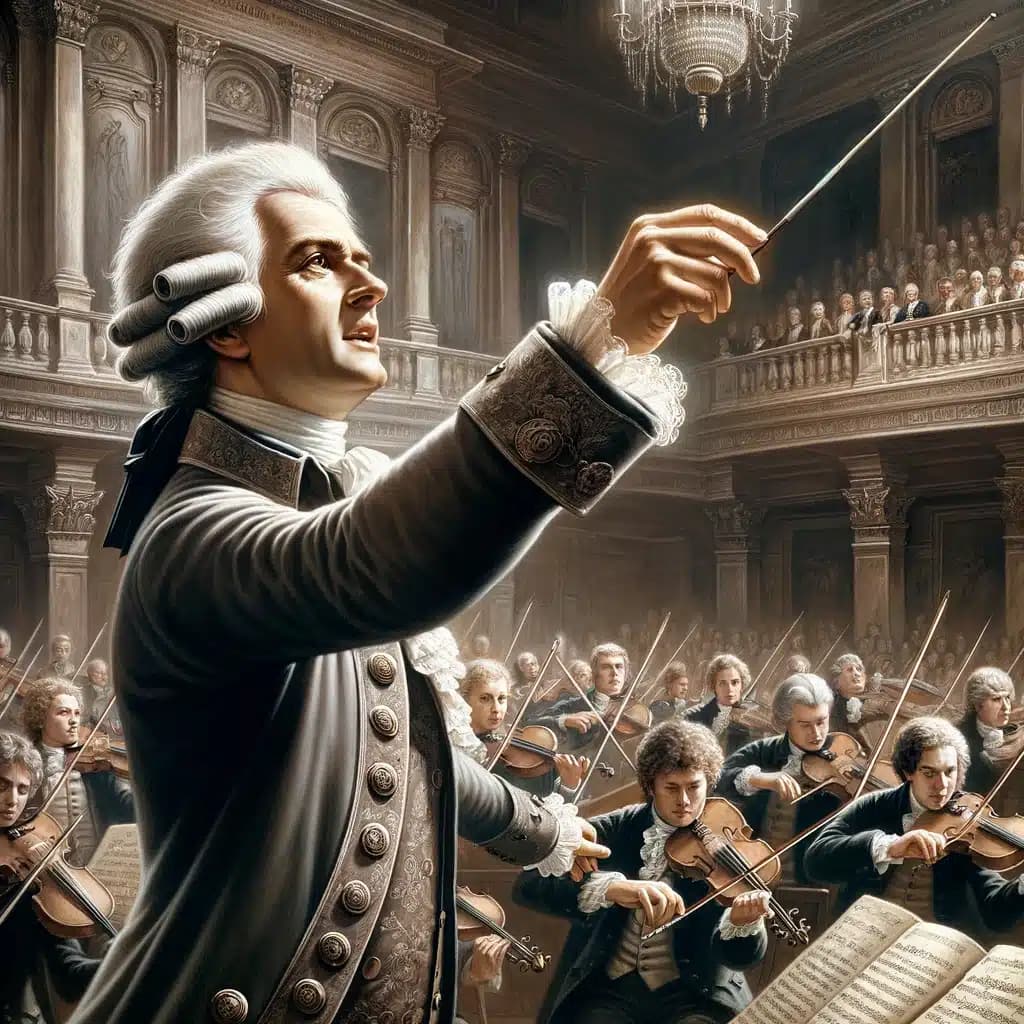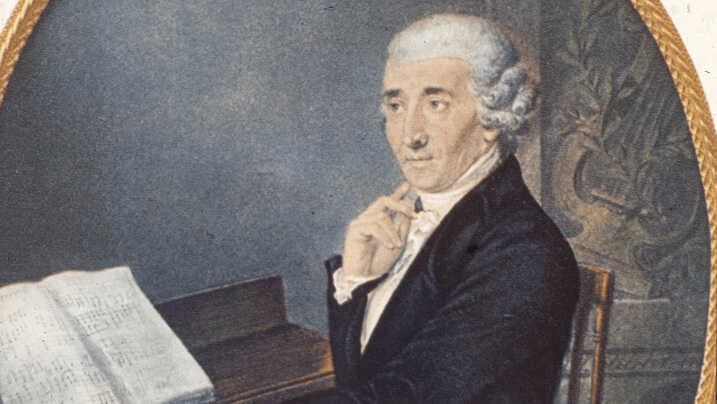The 68 string quartets by Joseph Haydn revolutionised chamber music and earned him the title “Father of the String Quartet.” Haydn transformed the genre from polite parlour tunes into a dynamic conversation among four instruments. Written primarily between the 1750s
Haydn
At the time of his death on 31 May 1809, Joseph Haydn was a cultural hero, venerated as the first of the three “Viennese Classics.” He started his career in the traditional patronage system of the late Austrian Baroque and
Johann Peter Keller was a well-to-do wigmaker from Vienna. He married a woman named Marie Elisabeth Sailler in 1722. Between 1723 and 1744, the couple had fifteen children. One of them grew up to become Joseph Haydn’s much-maligned wife. Today,
Joseph Haydn (1732–1809), largely released from duties with the Esterhazy family after the death of Prince Nikolaus in 1790, was free to make his second visit to London in 1794. He had been commissioned by Johann Peter Salomon to write
Ever since the establishment of music printing, publishers have attached various nicknames to compositions in order to increase sales. More often than not, composers really did not have a say. But on occasion, they are at least based on specific
Joseph Haydn’s first full-length opera Le Pescatrici (The Fisherwomen) to a libretto of Carlo Goldoni premiered at Eszterháza on 16 September 1770 on the occasion of an elaborate marriage celebration in honour of Countess Lamberg, Prince Nikolaus Esterházy’s niece, and

